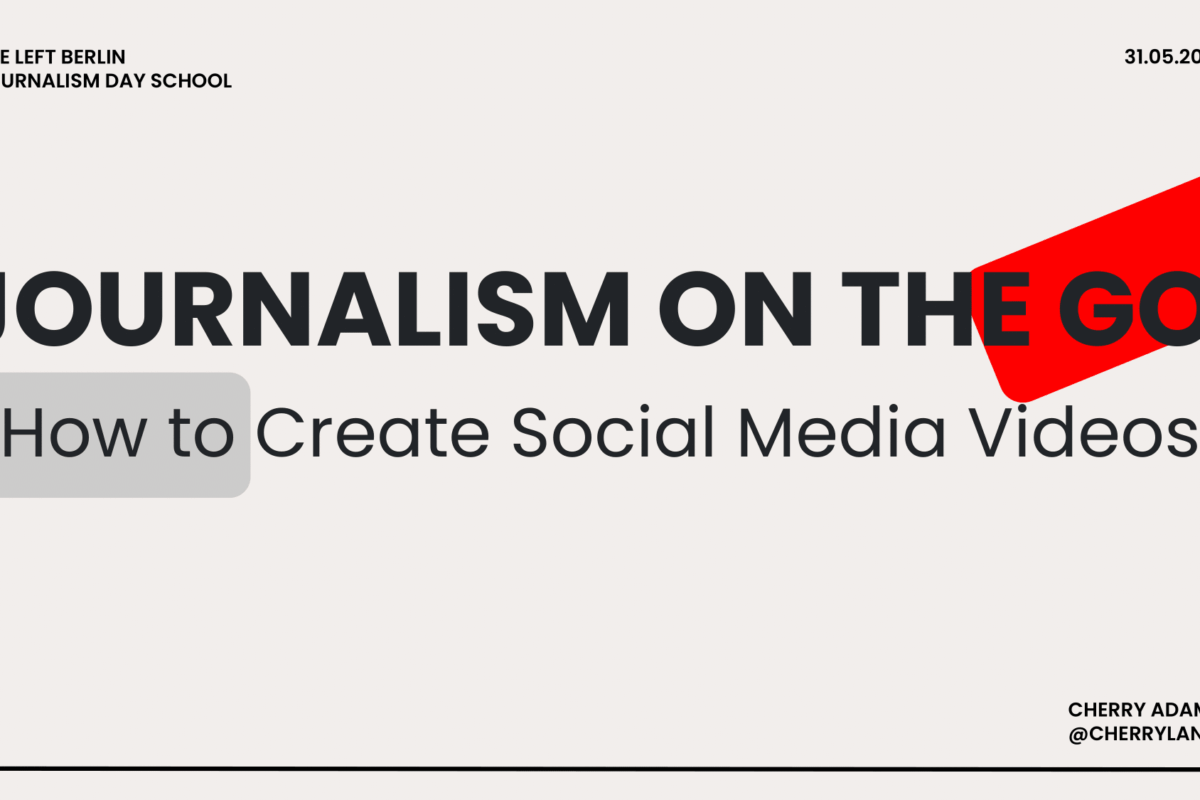Why Journalists are Speaking out Against Western Media Bias in Reporting on Israel-Palestine
Presentation from the Left Journalism Day School, 31st May 2025
Tina Lee
03/06/2025
Presentation from the Left Journalism Day School, 31st May 2025
Tina Lee
03/06/2025
Presentation from the Left Journalism Day School, 31st May 2025

Presentation from the Left Journalism Day School, 31st May 2025

Presentation from the Left Journalism Day School, 31st May 2025
